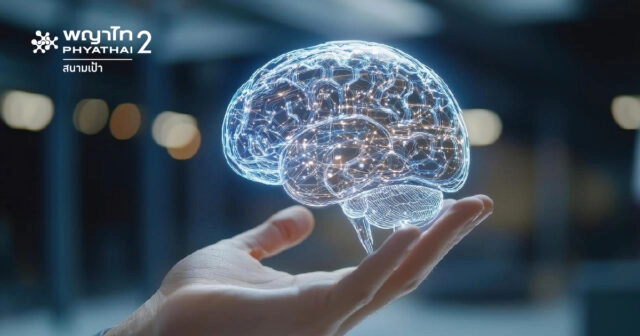Issues with Children Lacking Concentration in Learning: Check for the Real Causes

When children enter school, especially when transitioning from kindergarten to primary school, the learning format changes significantly. There is a greater focus on academics, more assignments or homework, and longer periods of sitting at a desk. Many parents may encounter the issue of their child being “restless, inattentive, bringing incomplete homework, or not wanting to do homework,” leading to concerns about whether the child might have ADHD. In reality, the behaviors exhibited by children can stem from various causes, so parents should be aware of these to seek appropriate solutions or consult a doctor.
Causes of Learning Problems in Children
To find the true cause, it’s essential to understand the child’s behavior, which can be categorized as follows:
1. ADHD (Attention Deficit Hyperactivity Disorder)
- Suspicious Symptoms:
- Restlessness, frequently getting out of their seat, fidgeting while sitting still
- Short attention span
- Easily distracted
- Excessively talkative
- Interrupting others
- Difficulty waiting for their turn
- Challenges in following steps or planning tasks
- Forgetting assignments, homework, or belongings
2. Learning Disabilities
- Suspicious Symptoms in Reading/Writing:
- Confusing similar letters (e.g., พ/ผ, b/d)
- Difficulty remembering names or distinguishing sounds of letters
- Reading and writing slower than classmates
- Difficulty spelling new words, often guessing words that are familiar
- Spelling errors
- Slow writing, with unusually large handwriting
- Problems comprehending reading material
- Suspicious Symptoms in Mathematics:
- Slow, uncoordinated calculations
- Confusing mathematical symbols, such as addition/subtraction
- Difficulty following steps in calculations
3. Delayed Development or Intellectual Disabilities
- Suspicious Symptoms:
- Development is slower than peers
- Learning is slow, or the child forgets quickly after being taught
- Abilities in self-help or problem-solving are below those of peers
4. Vision Problems
- Suspicious Symptoms of Myopia:
- Difficulty seeing at a distance
- Squinting or needing to get closer to books/screens
- Eye strain or headaches from prolonged visual tasks
5. Hearing Problems
- Suspicious Symptoms of Hearing Impairment:
- Hearing unclear sounds
- Difficulty listening to others in noisy environments
- Abnormal sounds in the ears
6. Emotional or Psychological Issues (e.g., depression, anxiety, family problems)
If a child is facing learning difficulties, parents are advised to take them to a pediatrician for further evaluation. This will help identify the true cause of the problems and lead to appropriate treatment, positively impacting the child’s learning and mental health. It will also enhance parents’ understanding of their child, allowing them to provide better support.


